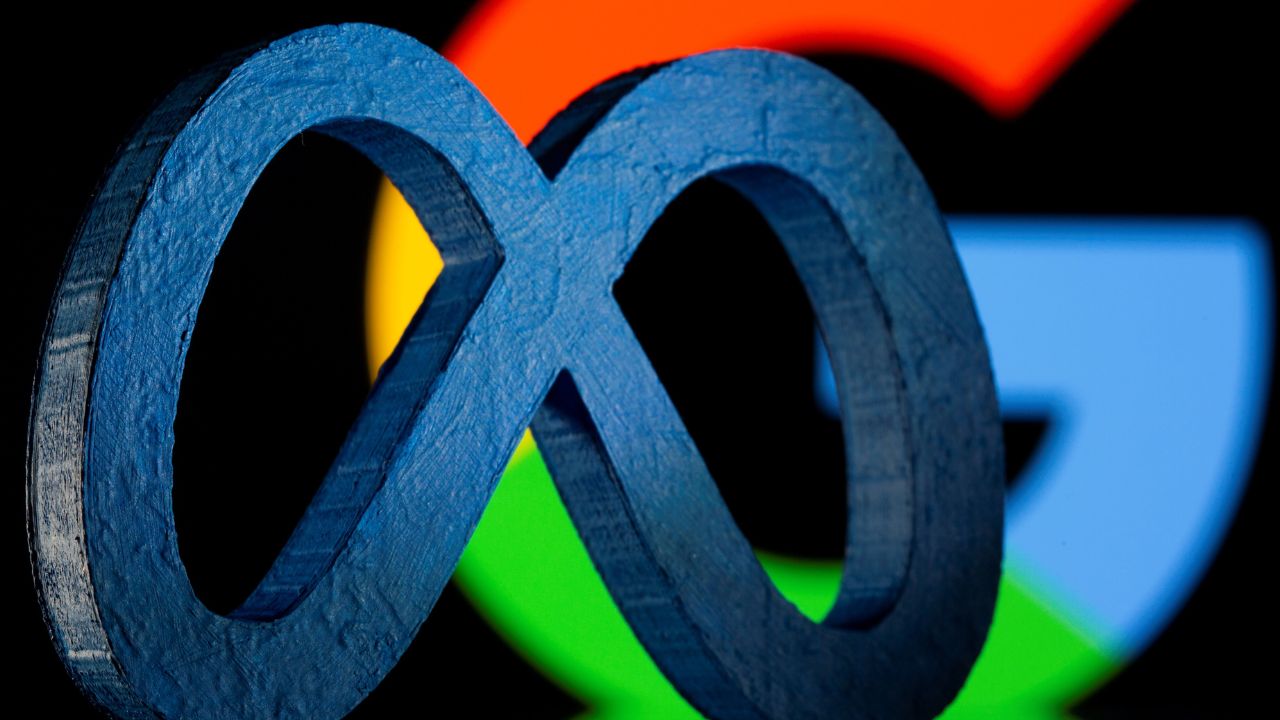France’s competition watchdog has imposed a hefty fine of 250 million euros on Google for breaching EU intellectual property rules in its dealings with media publishers.
The fine, equivalent to $271.73 million, stems from concerns regarding Google’s AI service, particularly its chatbot Bard, later rebranded as Gemini.
The watchdog found that Google had trained its AI chatbot using content from publishers and news agencies without their consent or notification, a violation of intellectual property rights.
Google has agreed not to dispute the findings and has proposed remedial measures to address the shortcomings identified by the watchdog. However, the company’s French office has yet to respond to requests for comment on the matter.
The fine is the latest development in a copyright dispute in France concerning online content, originally prompted by complaints from major news organizations, including Agence France Presse (AFP).
Violation of Settlement Commitments
Despite a prior settlement in 2022, which saw Google dropping its appeal against a 500 million euro fine, the competition watchdog found that Google had failed to adhere to four out of seven commitments agreed upon in the settlement.

These commitments included conducting negotiations with publishers in good faith and providing transparent information.
The watchdog singled out Google’s AI chatbot Bard, launched in 2023, which utilized data from media outlets and news agencies without proper notification, hindering publishers’ ability to negotiate fair compensation.
Google’s linking of protected content to its AI service further exacerbated the situation, impeding publishers’ and press agencies’ negotiation process for fair pricing.
The hefty fine underscores the regulator’s commitment to upholding intellectual property rights and ensuring fair practices in the digital marketplace.
Impact on the Media Industry
The fine against Google comes amid growing concerns among publishers, writers, and newsrooms regarding the unauthorized use of online content by AI services.
Many in the media industry are seeking to limit the scraping of their content by AI algorithms without consent or fair compensation.

The legal action taken by The New York Times against Google’s rivals, Microsoft and OpenAI, highlights the broader implications of this issue.
The lawsuit accuses these companies of using millions of articles from The New York Times without permission to train their chatbots, shedding light on the challenges faced by publishers in protecting their intellectual property rights in the digital age.
